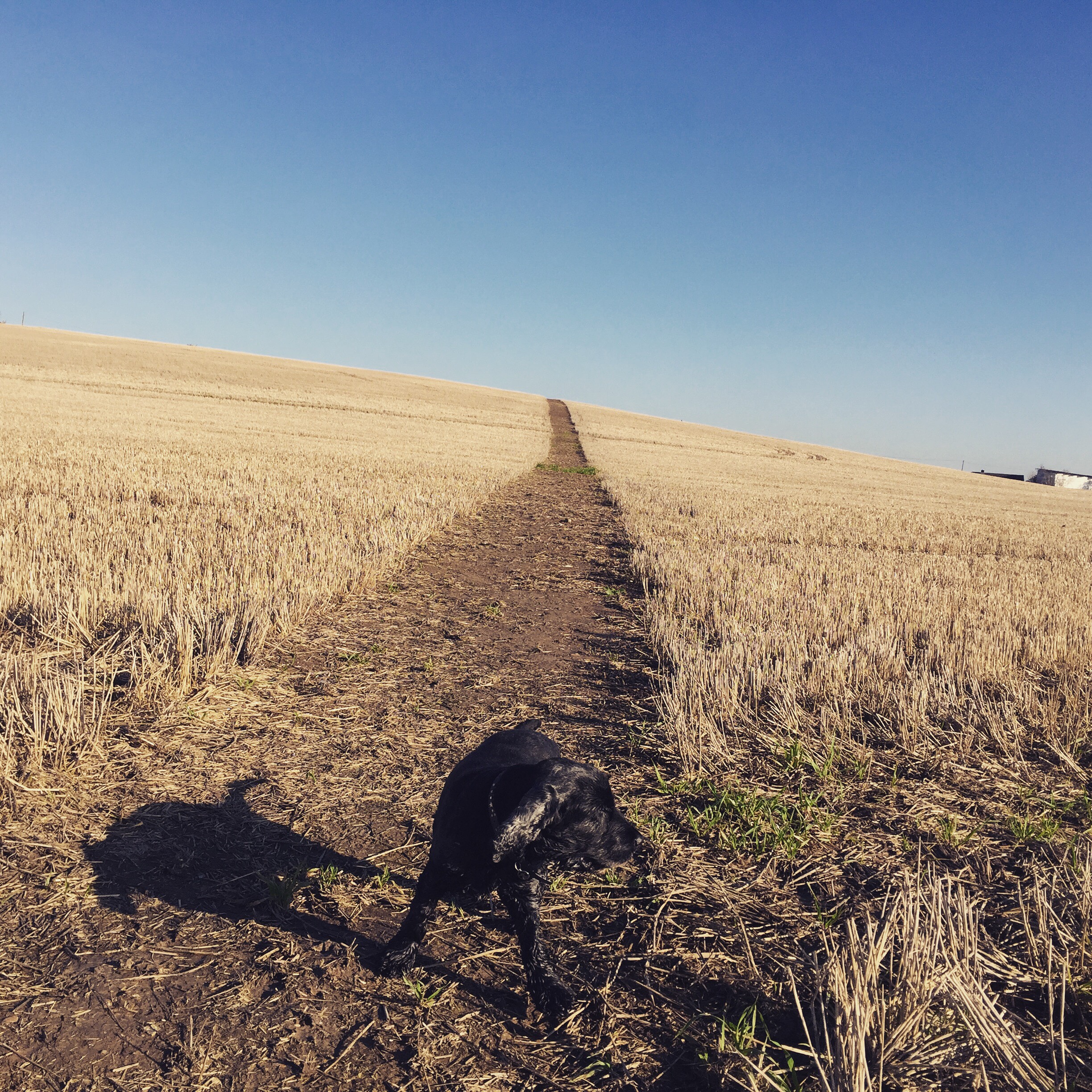BACK ON HOLLOW SHORES (17/11/2018)
Gareth E. Rees, and Hendrix, on the mudflats at low tide, Thames Estuary, approaching Whitstable.
It was immense fun yesterday to walk the stretch of salt marshland, estuary tidal coast, pylons, mudflats, sheep, oystercatchers, rusting boats and substations that stretch between the towns of Faversham and Whitstable in Kent. The walk takes in the areas of Faversham Creek, the stretch of water called The Swale that seperates the Isle of Sheppey from the mainland, the Graveney Marshes (under threat from a potential solar power station), the Hollow Shore itself, and onto the town of Whitstable for a pint in The Old Neptune. These landscapes will be familair to anyone who has read Hollow Shores; it remains one of my favourite landscapes.
Route to the horizon
A dream life of Graveney Marsh
I wanted to revisit this territory that informs so much of my writing, and I took with me my good friend and brilliant writer of Marshland, The Stone Tide and the upcoming Car Park Life, Gareth E. Rees. Usually our walks are bedeviled by torrential rain and conditions only lunatics would go walking in, so it was a pleasant surprise to have gorgeous hazy blue skies and golden winter sunlight. It was like walking through a Maxim Peter Griffin picture.




